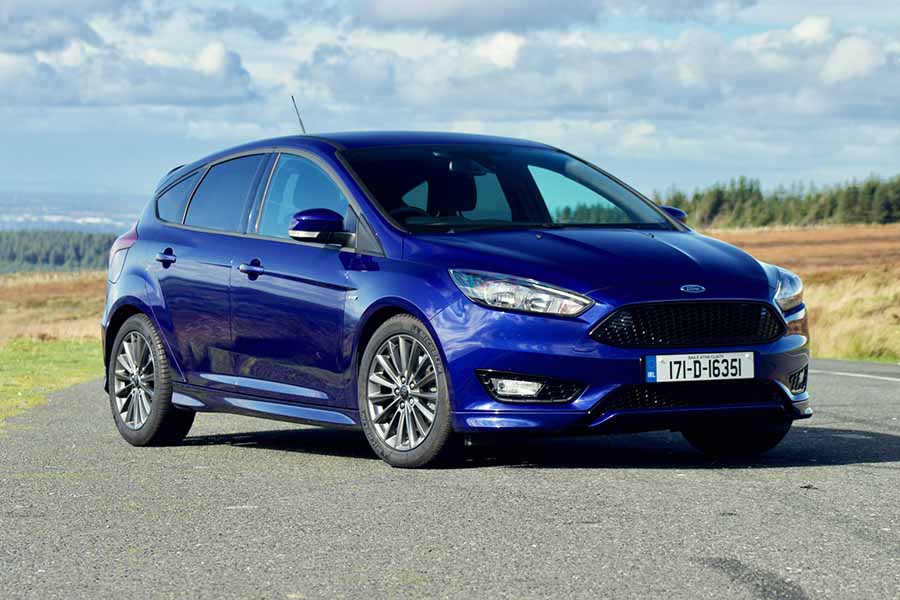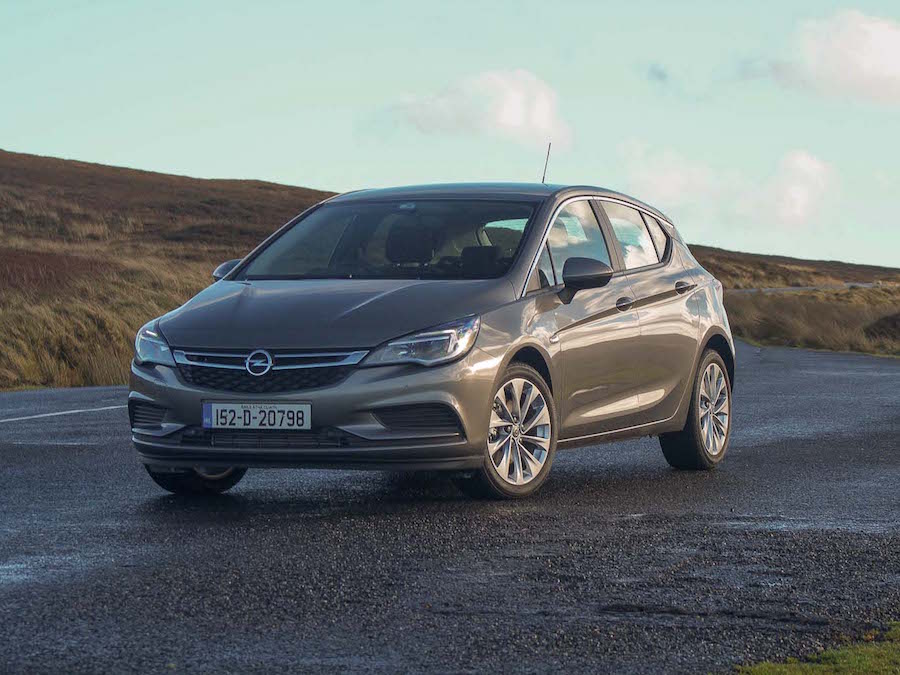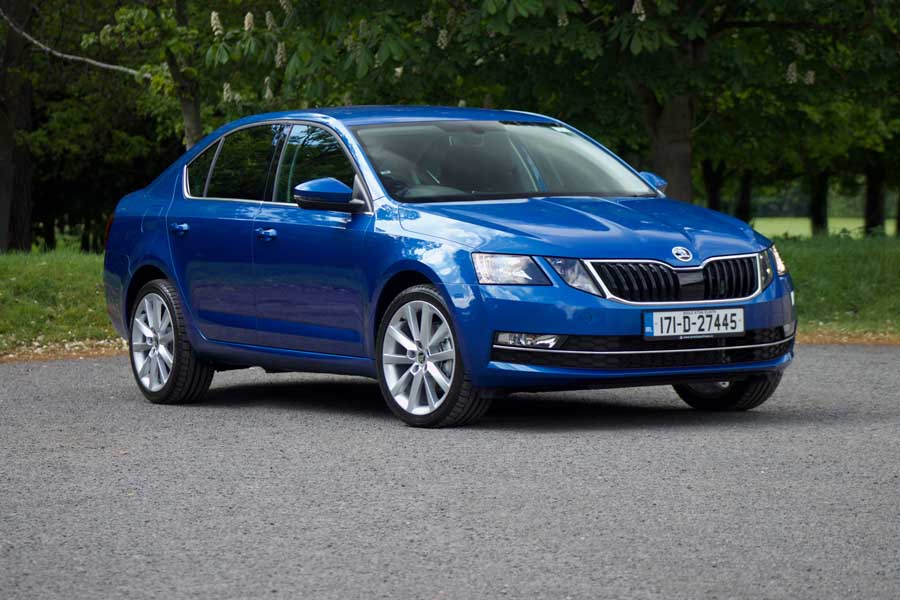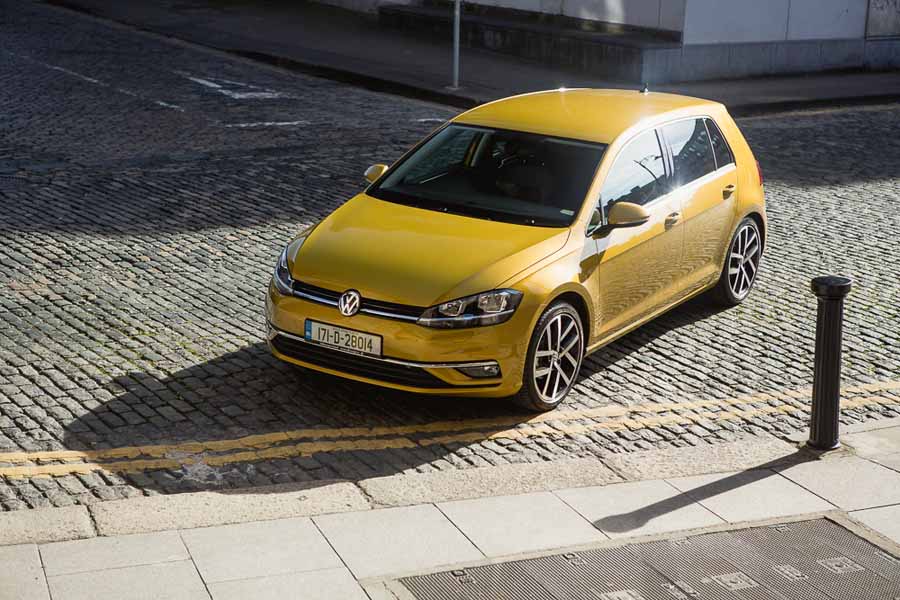Good: looks as good as it drives (which is very), decent price.
Not so good: cabin quality not on par with rivals', feeling a touch old now.
It's rather like seeing someone, having tried to be something they are not, slip back into their comfort zone. Vignale, Ford's attempt to move itself into the world of premium motoring, is in many ways a brave effort, but in an equal number of ways very likely misguided. And that is a kind reading of events. The effort to add shiny chrome and extra leather to the likes of the Mondeo, S-Max and others has been met with a derision that's tough to disagree with, and sales have been unsurprisingly slack.
So it's with no little pleasure that I can report that Ford has found its comfort zone again, and it's called ST-Line. ST-Line, not surprisingly, draws on the successful ST model range, which has seen the fast-but-flawed Focus ST and the close-to-perfection Fiesta ST already long on sale. ST-Line, rather like Vignale, pinches an idea from the premium brand players, but in this case it's a much better fit for Ford, and also comes at a significantly lower price premium.
The idea, much like Merc's AMG-Line, or BMW's M Sport, is to give the appearance, and a touch of the handling pixie-dust, of an expensive high-performance model, but under the skin lurk the same easy-going mechanicals of your neighbour's Zetec or Titanium. All of the looks, but none of the performance. Equally, none of the associated bills, be they purchase price, road tax, insurance, or fuel mind you, so there is a compelling sense to the whole deal.
And the extra cost of an ST-Line model is, well, actually not very much. In fact, go for the most basic Focus ST-Line, using the (really quite excellent) 125hp 1.0-litre EcoBoost turbo petrol engine, and you can put one on your driveway for as little as €24k. That includes sports suspension (so it sits a little lower and rides a little stiffer) and body styling (which includes side sills, a deep front bumper, a black-finish grille and a bigger rear spoiler), unique alloy wheel designs and sport seats, plus a sporty steering wheel and alloy pedals for the interior.
Our test car was a touch more loaded, and not only came with a SYNC3 infotainment system (which still looks a little under-designed, in graphical terms, than some rivals' systems, but works very well and is simple to use) and, more importantly, the 150hp 2.0-litre TDCi turbodiesel engine. Yes, I know, diesel is a bad word these days, but the Focus' powerplant shows just why it's still such a compelling prospect for many buyers. After all, with 370Nm on tap, the ST-Line gets off the line in a scampering, surging manner that seems to live up, just a little, to the promise of the body kit. Yet, in spite of that sparkling performance, Ford says that it'll crack 70mpg (it won't, but it will pretty easily do 55mpg, which is better than decent) and costs buttons to tax for a year.
Diesel or no diesel (sounds like a Noel Edmonds game show...), the Focus remains a delight to drive and in fact, in this ST-Line form, is actually nicer to drive than the real Focus ST. Why? Because while the Focus ST's 250hp means rocket-ship acceleration, it's never been sufficiently sweet of chassis to make the best use of it. You tend to drive the ST in bursts of tyre-shredding acceleration, which are then somewhat spoiled by the fact that the ride is too bouncy and the steering too corrupted.
Here in the diesel ST-Line, things are much better. You can use the torque to pull yourself along at quite the indecent rate, but the steering - perfectly weighted and beautifully smooth if not bursting with outright feel - is still utterly lovely, while the ride quality, although firm, never resorts to banging and crashing. The ST-Line setup reminds you why, all these years on, we still love the Focus.
However, it can't quite paper over the cracks of the rest of the car. The cabin, although fundamentally well screwed together (and fitted with very comfy ST-Line bucket seats) is not made of materials as nice as you'll find in a Golf. Or, for that matter, a Skoda Octavia or Opel Astra. The inclusion of SYNC3 is welcome, but the rest of the interior looks and feels old now, a fact that's hard to forgive as rivals seem to get better and better every day. Rear seat space is also a little on the tight side, especially compared to the Octavia.
Still, the Focus remains a sharp-driving car and that fact is best exemplified by this ST-Line model. Ageing it certainly is, but the Focus is still game, and still able to teach the young 'uns a thing or two about seriously impressive dynamics. Forget Vignale, ST-Line is where you'll find the best current Fords.


































